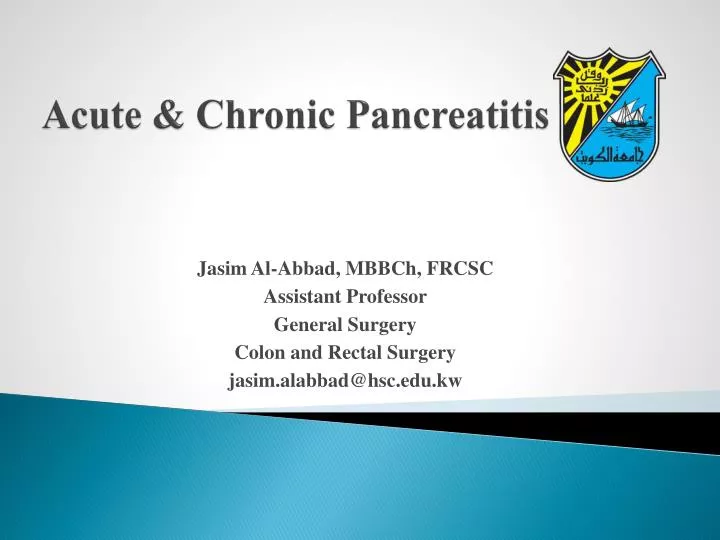
Acute pancreatitis can develop against the background of infectious viral diseases caused by cytomegalovirus, hepatitis B and C virus, etc., parasite infestations, pathologies such as intestinal infarction, perforated duodenal ulcer, biliary dyskinesia, chronic and acute cholecystitis, presence of stones in the gallbladder. The disease can occur in both acute and chronic form. Complications to the pancreas are given by many medications, especially with prolonged use (some antibiotics, hormonal drugs, strong diuretics used for edematous syndrome, resulting from cardiovascular pathologies, etc.). To promote the development of pancreatitis can: constant overeating, passion for fatty foods, protein-free diets.

The most frequent cause of pancreatitis is the abuse of alcoholic beverages for a long time, followed by smoking, known for the negative effect of nicotine on most organs and body systems. In most cases, the inflammatory process in the pancreas with a violation of its functionality is caused by bad habits. However, there are other, less common (secondary) causes that affect the functioning of the pancreas.

Indigestion of food against the background of inflammation and a lack of digestive enzymes in the composition of gastric and pancreatic juices is the main cause of diarrhea in pancreatitis. The food remains not fully digested, and the violation of intestinal motility (again due to inflammatory processes in the peritoneal organs) contributes to the appearance inside the gastrointestinal tract of the processes of decay and fermentation with violation of the intestinal microflora, which results in the characteristic pancreatogenic diarrhea. Weak work of the gallbladder and its ducts causes a lack of bile in the DPC, and therefore even the insufficient amount of pancreatic juice released into the DPC has a low activity. In other words, it activates the digestive function of pancreatic enzymes and prevents rotting processes in the duodenum, where bile comes along with pancreatic juice when food gets into the body. The bile produced in the liver and stored in the gall bladder plays the role of a catalyst for pancreatic enzymes and an antimicrobial component.

Incidentally, the inflammatory process in some of the organs of the abdominal cavity can spread to other organs, for example, the gallbladder (cholecystitis - inflammation of the gallbladder), which again affects its contractile function, causing dyskinesia hypotonic type (with a decrease in motility). The situation is aggravated by the development of dyskinesia of bile ducts against the background of the inflammatory process in the gastrointestinal tract reflexively weakening the functionality of the gallbladder and its motor skills. With a deficiency of digestive enzymes, digestion of food in the duodenum is inhibited. The more often this phenomenon is observed, the worse the condition of the organ.ĭoctors-gastroenterologists agree that the main cause of diarrhea in chronic pancreatitis is a protracted inflammatory process, which adversely affects the production of pancreatic juice consisting of aggressive enzymes (trypsin, phospholipase, amylase, lactase, etc.), through which food coming into the digestive tract completely digested and absorbed in the intestines in the form necessary for the body of nutrients. Diarrhea in pancreatitis - a phenomenon that characterizes the performance of the pancreas.


 0 kommentar(er)
0 kommentar(er)
